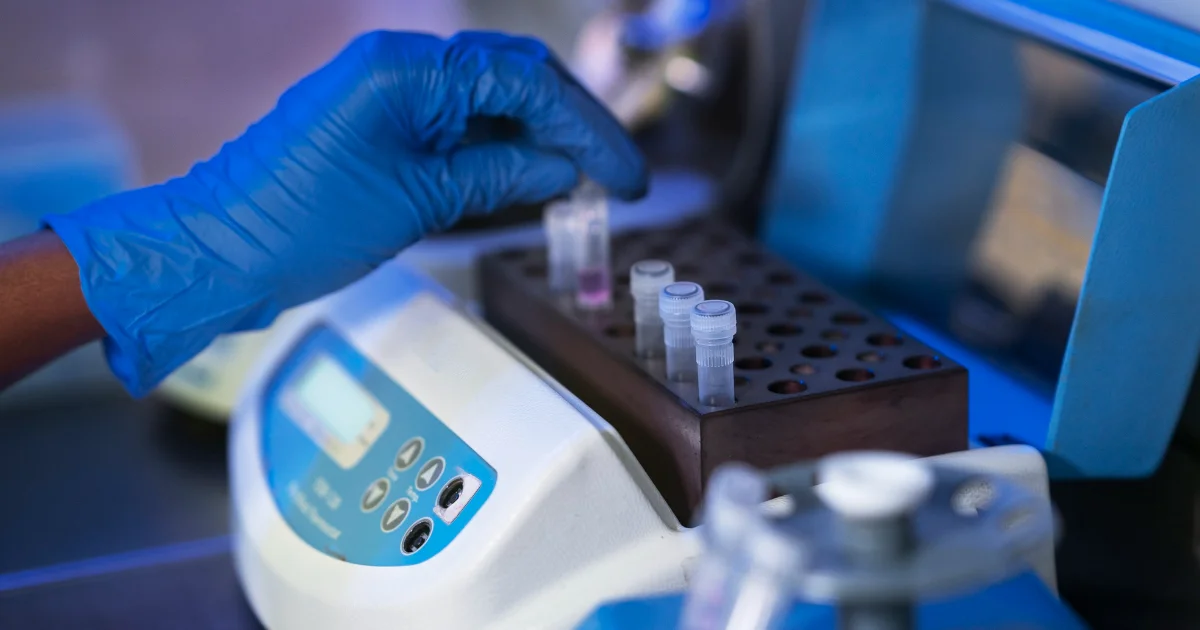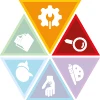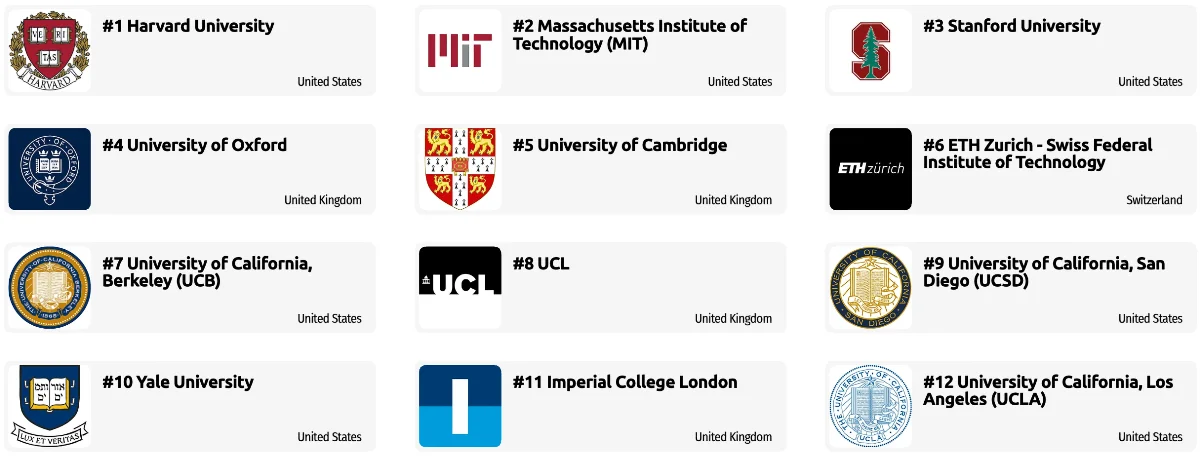Analyst

Analysts will often perform the following tasks:
- Identifying the underlying principles, reasons, or facts of information by breaking down information or data into separate parts.
- Using relevant information and individual judgment to determine whether events or processes comply with laws, regulations, or standards.
- Assessing the value, importance, or quality of things or people.
- Compiling, coding, categorizing, calculating, tabulating, auditing, or verifying information or data.
Inspector

Inspectors should be great at:
- Estimating sizes, distances, and quantities; or determining time, costs, resources, or materials needed to perform a work activity.
- Observing, receiving, and otherwise obtaining information from all relevant sources.
- Identifying information by categorizing, estimating, recognizing differences or similarities, and detecting changes in circumstances or events.
- Inspecting equipment, structures, or materials to identify the cause of errors or other problems or defects.
Other work activities related to Biological technicians
- Inputting data into databases.
- Placing orders for laboratory equipment and supplies.
- Keeping detailed logs of all working related activities.
- Monitoring laboratory working for ensuring compliance with setting standards.
- Isolating, identifying and preparing specimens for examination.
- Conducting researching or assisting in the conducting of researching, including the collection of information and samples, such as blood, water, soil, plants and animals.
- Setting up, adjusting, calibrating, cleaning, maintaining, and troubleshooting laboratory and field equipment.
- Cleaning, maintaining and preparing supplies and working areas.
- Conducting standardized biological, microbiological or biochemical tests and laboratory analyses for evaluating the quantity or quality of physical or chemical substances in food or other products.
- Analyzing experimental data and interpreting results to writing reports and summaries of findings.
- Monitoring and observing experiments, recording production and testing data for evaluation by researching personnel.








